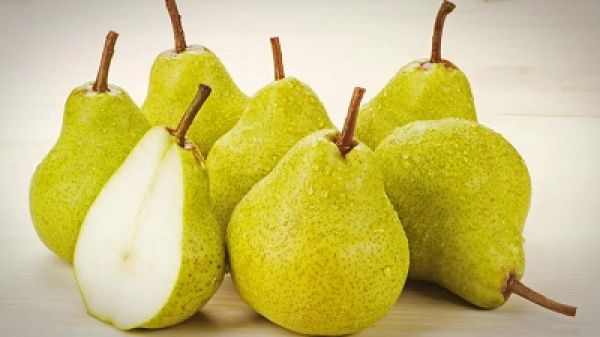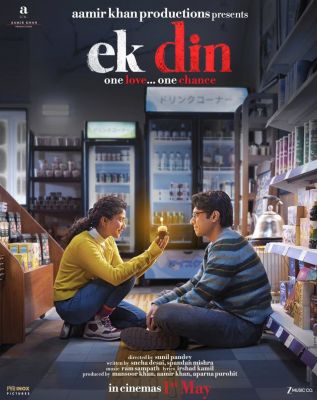Queen Bey might not have rebirthed 90s club music with her rapturous new album Renaissance, but she has given it her royal warrant. Renaissance seizes that era's spirit of the dancefloor as an empowering "safe space" for all clubbers, and LGBTQ communities in particular. It uses multi-stranded elements: hi-NRG disco, hip hop, and especially house music, with lead single Break My Soul nodding to US artist Robin S's 1993 smash hit Show Me Love (StoneBridge mix). It should also elevate the legacy of the original vocalists who were instrumental in shaping this classic dance sound, yet whose contributions have been repeatedly undersung. House is a feeling (as the 90s mantra goes), and these predominantly black female talents super-charged this electronic music with every vital emotion. It's high time they were paid proper dues.
"I'm very proud of Beyoncé, because she took the chance, and she's doing this damn thing, the way she wants to do it," beams Robin Stone (aka Robin S), across a transatlantic Zoom. "And after all these years, people are finally getting to know who Robin S really is."
Hearing Stone's vocals in the 90s (as I did, as a fledgling clubber) really did feel revelatory; hearing them afresh in the 21st Century remains a spirit-soaring experience. The late 80s and 90s were thrillingly febrile years for vocal-led dance music; like many of her multi-ranging peers, Stone released numerous tracks, yet was inextricably linked to her commercial breakthrough (pre-Beyoncé, Show Me Love has been sampled by other contemporary artists including Charli XCX).
If you did a cursory roll-call of that era's outstanding US and UK voices (and frequently co-writers), it would include the likes of Adeva (Respect, 1988); Martha Wash (originally a disco singer with Sylvester, and The Weather Girls; later featured without credit by Black Box and C+C Music Factory); Crystal Waters (Gypsy Woman, 1991); Angie Brown (Bizarre Inc's I'm Gonna Get You, 1992); Barbara Tucker (Beautiful People, 1994); Janice Robinson (Livin' Joy's Dreamer, 1995); Ultra Naté (Free, 1997). These talents projected positively assertive, heartfelt expressions from the underground dancefloor to prime-time playlists, and if you were lucky to catch them live, it was an epiphany. I'll never forget watching US singer Kathy Brown tear the roof off a nightclub in Camden, North London when she sang her 1997 house stormer Turn Me Out (Turn to Sugar); the crowds roared and pounded on the walls with excitement until our lungs and fists were raw.





























